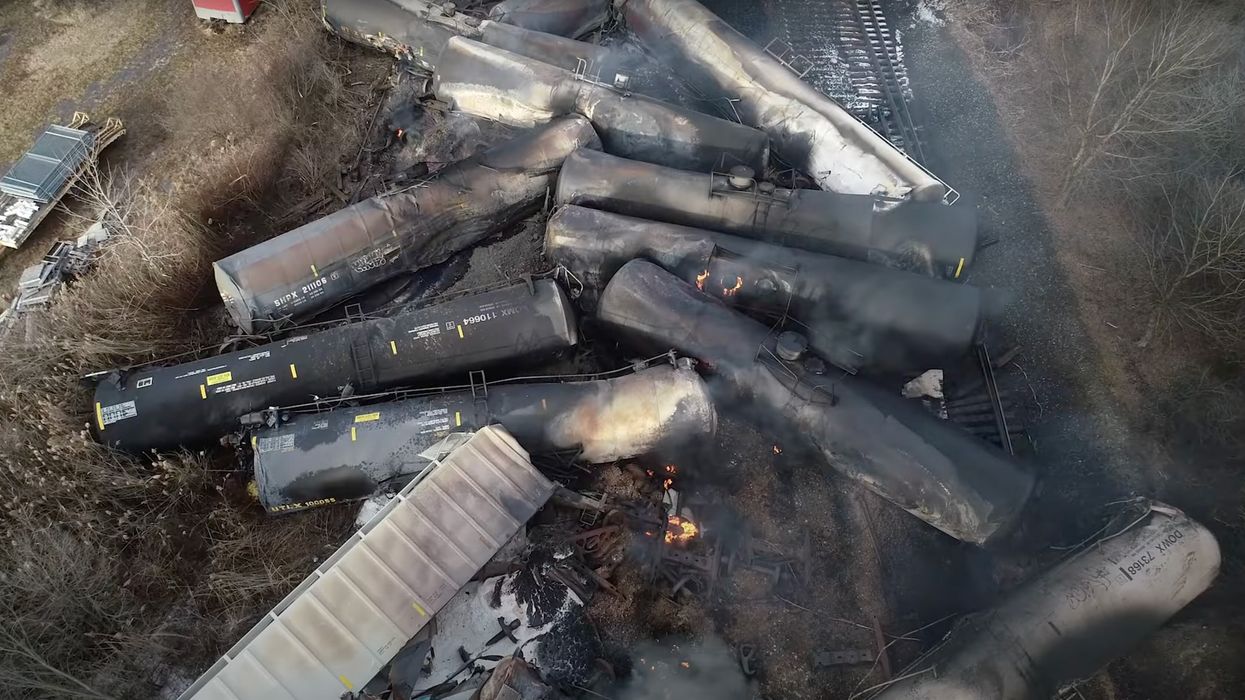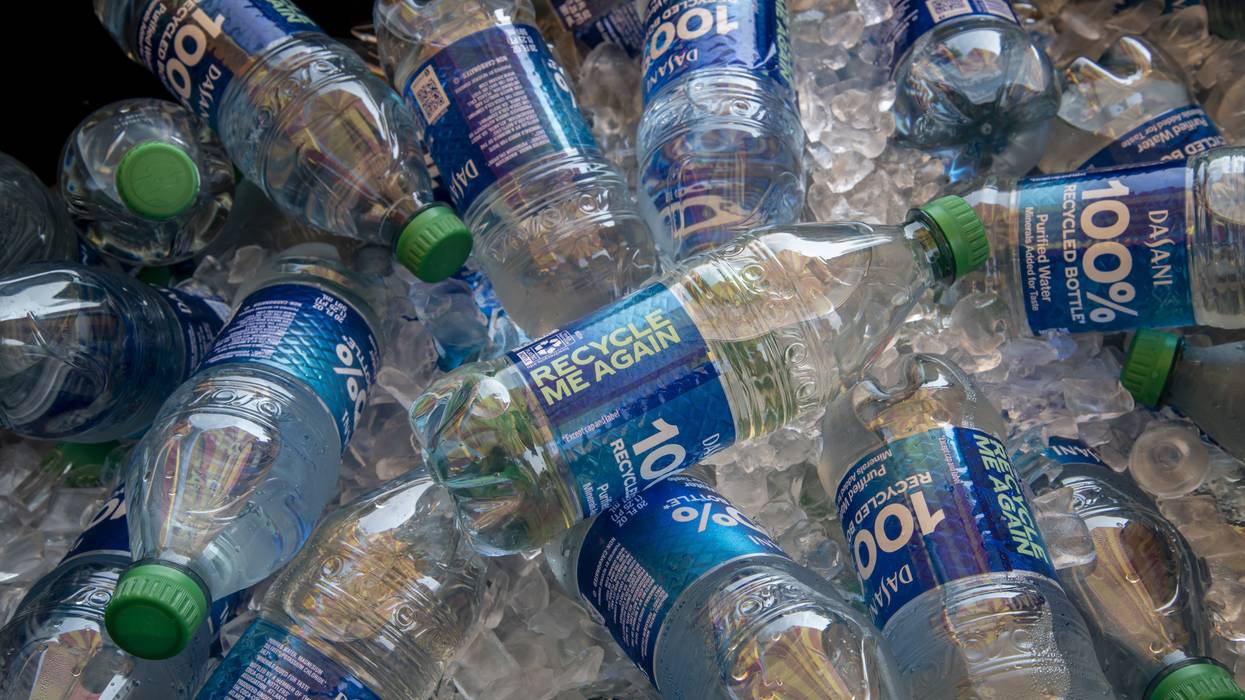Please, Don't Buy Your Loved Ones Toxic Gifts for the Holidays
A new report reveals that most of the biggest retailers in the U.S. and Canada need to do more to protect consumer health from dangerous plastics and chemicals.
As the nation prepares for another holiday shopping season and we buy gifts for our loved ones, it’s more important than ever that retailers support efforts to reduce toxic chemicals and plastics in everyday products so that shoppers can choose safer products.
A new Mind the Store Retailer Report Card that scores many of the biggest retailers in the U.S. and Canada provides new insights into which retailers are leading and which are lagging in efforts to better protect consumers and communities from toxics and plastics. The report reveals that while some retailers are making progress, most of the biggest retailers in the U.S. and Canada need to do more to protect consumer health.
The newly unveiled 2024 Retailer Report Card is a comprehensive analysis of the efforts, or lack thereof, of 50 of the largest retailers to provide customers with products free of dangerous chemicals and harmful plastics. The retailers run the gamut from grocery stores to beauty supply retailers and include familiar names like McDonald’s, Best Buy, and Sally Beauty. This newest report is the sixth such analysis published since 2016. While there’s been movement in the right direction overall, this year, the average grade was a pitiful D+, and 17 of the ranked retailers failed, landing in the Toxic Hall of Shame.
The business community will never solve all of our problems, but if retailers want to keep their customers and investors happy, they will need to do more to protect our health.
Plastics are considered in the report alongside dangerous chemicals because most plastics are made with hazardous chemicals. Because 99% of plastics are made from oil and gas and contain countless chemical additives and processing aids, many are harmful to our health and are increasingly recognized as inherently toxic. Some types of plastic, such as polyvinyl chloride (PVC), are especially harmful to human health.
PVC is made from vinyl chloride, a known human carcinogen associated with liver cancer, brain and lung cancers, and cancers of the blood. The report findings show that companies are taking steps to reduce or eliminate the use of PVC—10 of the ranked retailers have set goals to eliminate PVC in specific products and packaging. For instance, Dollar Tree plans to eliminate it in children’s products. Yet retailers are not taking the steps necessary to ensure that replacements are safer. This gap in progress necessary to detoxify supply chains is mirrored in the tepid shift away from PVC by the corporate-led U.S. Plastics Pact group. On the one hand, the pact signatories have promised to ditch PVC by next year, but they have not supported proposed policies in states nationwide that would enshrine that goal.
It’s not only harmful plastics that major retailers fail to find safer replacements for. Dangerous chemicals like per- and polyfluoroalkyl substances (PFAS), known as the forever chemicals because they are nearly impossible to destroy and don’t break down in the environment, are getting increasing scrutiny by retailers. Thirty percent of the retailers featured have set goals to eliminate PFAS in several product types, including beauty products, cookware, electronics, food packaging, pet food products, and more. However, these same companies are far behind in finding truly safer replacements. PFAS in the environment has reached crisis levels, with the substances found in the blood of nearly everyone in the U.S. and beyond. Still, petrochemical companies continue to make new versions of the chemicals even as numerous states like Washington and Maine enact new restrictions on these forever chemicals.
The top-scoring retailers in this new report show safer solutions can be found. Ten retailers, including Apple, Best Buy, IKEA, Sephora, and others, have adopted criteria for safer chemicals rooted in the definition of the state of Washington. Eight of the retailers have made investments in finding or developing safer solutions. Overall, however, the report card highlights a significant gap in ambition when all the steps required to find and use safer solutions are analyzed. Eighty percent of retailers still need to ensure safer solutions to toxic chemicals and plastics. Business is supposed to be known for its creativity, innovation, and flexibility. So why have business solutions to difficult chemical and materials problems been to throw new potentially dangerous chemicals into the market and skirt needed reductions of petrochemical plastics by focusing on recycled content pledges instead of overall reductions? This is an area where the corporate world could shine.
Customers are desperate for safer products that don’t expose our families to cancer-causing chemicals, such as flame retardants in sushi trays and spatulas. The business community will never solve all of our problems, but if retailers want to keep their customers and investors happy, they will need to do more to protect our health.
It’s time for the biggest retailers to “mind the store this holiday season.”


